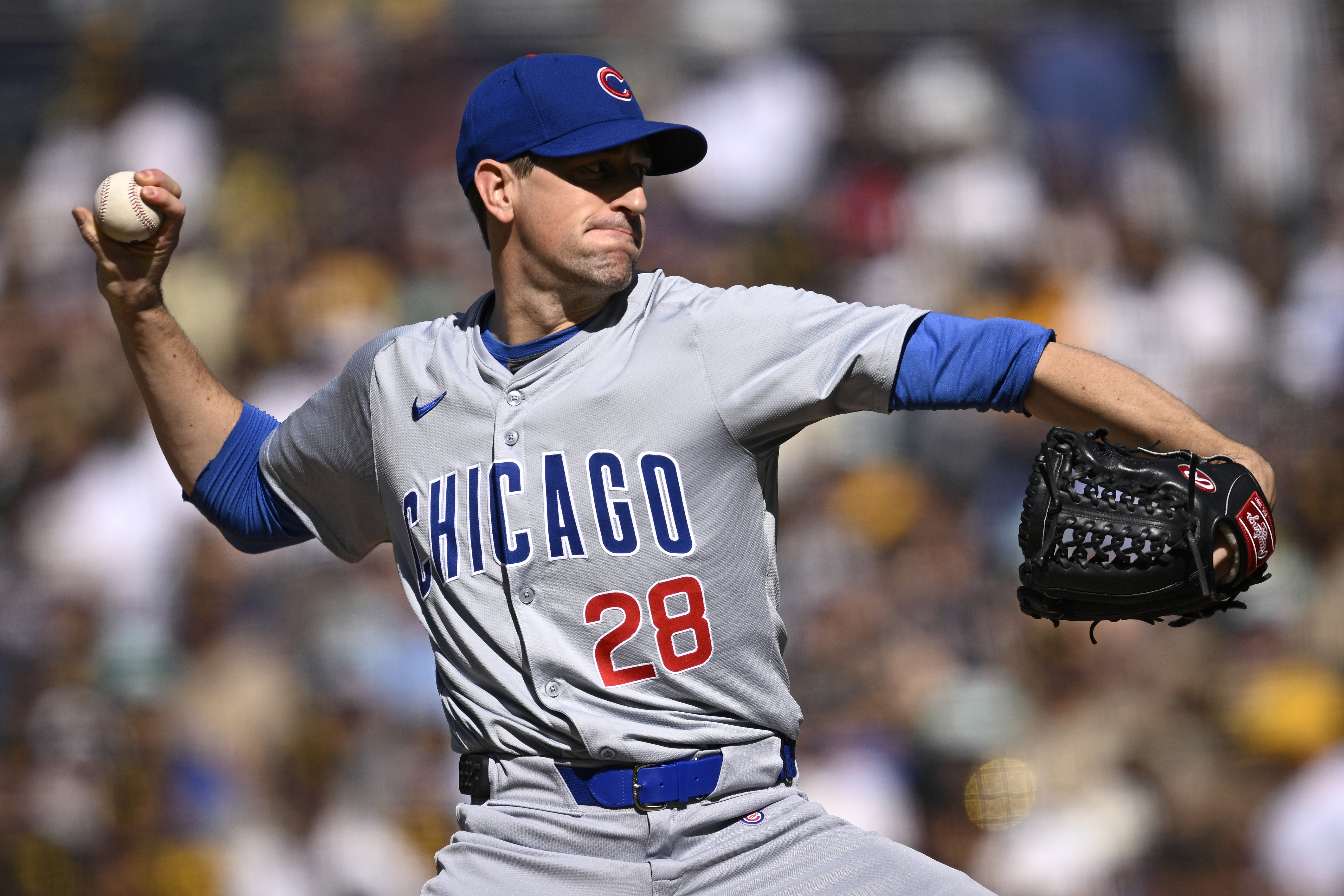
Friday, Oct. 8, 2010
6:50 PM
By Patrick Mooney
CSNChicago.com
The Cubs sifted through approximately five million pieces of datacatalogued from 2005 onbefore setting ticket prices for next season. The review included box-office sales and transactions made through brokers like StubHub and Wrigley Field Premium.
What that means depends on what youre looking to buy, which is the entire point.
Overall, the average ticket price will essentially remain the same in 2011. To hit those numbers, the Cubs created a new marquee tier for 13 games with the highest demand. For those dates, tickets will rise roughly 12 percent from the year before.
This category will subsidize the other 68 games on the home schedule. More than 550,000 ticketsor 17 percent of inventorywill be listed at 20 or less next year. Less than 10 percent of tickets were valued that low in 2010.
Fans will still be able to buy 8 tickets on selected days. And there will be no significant increases to the remaining four tiers. Platinum will basically stay even, while prices for the less desirable gold, silver and bronze games will decrease by about eight percent.
MLB
The Cubs found that buying patterns are different in the bleachers than the grandstands and will make distinctions between the two areas. The number of bronze games, which represent the lowest-priced tier, will increase from six to 15 in the bleachers.
What an average season-ticket holder will see is flat, Cubs president Crane Kenney said Friday. The highest increase for a season-ticket holder will be about three percent if you had seats in certain sections.If youre in a different place, you might see a reduction in your invoice as much as six percent.
This strategy isnt easy to fit into a headline or a Twitter update, but it is a window into how Tom Ricketts will run this franchise. The chairman, an investment banker with two degrees from the University of Chicago, will be guided by data analysis.
During his familys first season of ownership, Ricketts noticed the empty seats at Wrigley Field, which drew more than three-million fans but on certain nights saw some of its lowest attendance figures since 2006.
The Cubs havent finished projecting revenues for next season. The expectation is that ownership will spend the same amount next year on baseball operations, including amateur signings, international development and facility upgrades.
But payroll could decrease from the approximately 145 million committed on Opening Day 2010.
We are still working on our 2011 baseball plan, so it is hard to be too specific at this time, Ricketts wrote in a letter sent Friday to season-ticket holders. What I can tell you is that our overall baseball budget will be about the same in 2011 as it was in 2010.
Continued long-term success will come through superior scouting and player development, and we are committed to improving that facet of the organization. As a result, this likely means a shift of some of our resources from the major-league payroll toward scouting and player development, but we are still very much in the evaluation phase."
Fans will be paying for it in part through an average ticket price of 47.17, which does not include the 12 percent amusement tax assessed by local government. The Cubs have disputed the methodology used in a Team Marketing Report study that found they had, on average, the most expensive tickets in baseball in 2010.
Internally, the Cubs believe theyre fourth in that category, that it costs more to see the Yankees, Red Sox and Mets.
Season-ticket holders wont receive their bills until later this month. Some of the 13 marquee games are obvious, like Opening Day and series against the Yankees (June 17-19), White Sox (July 1-3) and Cardinals (Aug. 19-21).
Three Saturdays in the summerwhen out-of-town visitors flock to Chicagowere also separated out: July 16 (Marlins); July 23 (Astros); and Aug. 6 (Reds).
By then, everyone should have a better idea of whether or not Wrigley Field will be hosting meaningful games into September, or remain just another tourist attraction.
When we see empty seats, we ask: Is it pricing? Is it the product on the field? Is it the economy? Is it the service level? Kenney said. There (are) a whole lot of questions around why you might have an unfilled seat. This year, we took a much deeper dive into that question and hopefully were doing it smarter.
Patrick Mooney is CSNChicago.com's Cubs beat writer. Follow Patrick on Twitter @CSNMooney for up-to-the-minute Cubs news and views.


